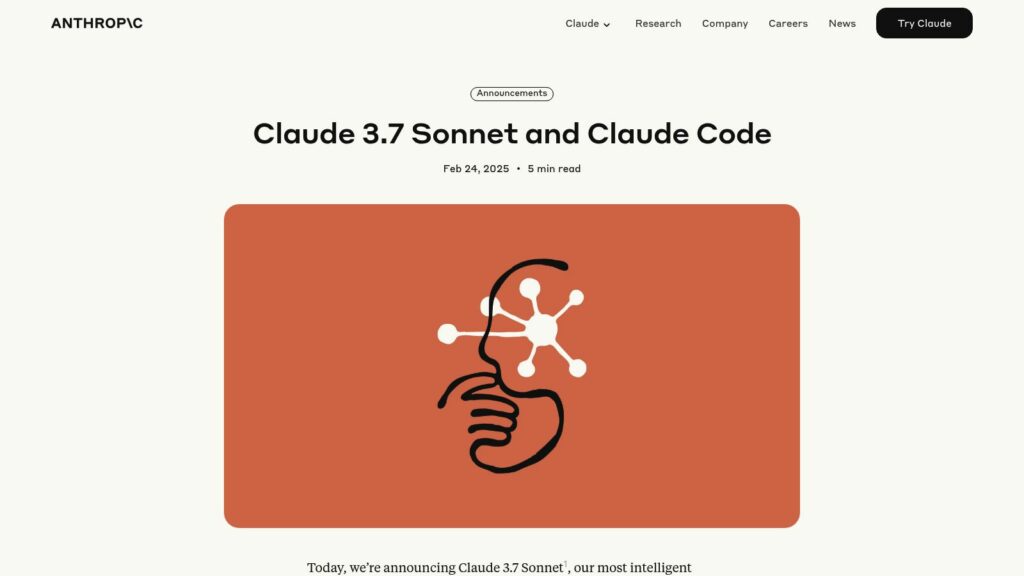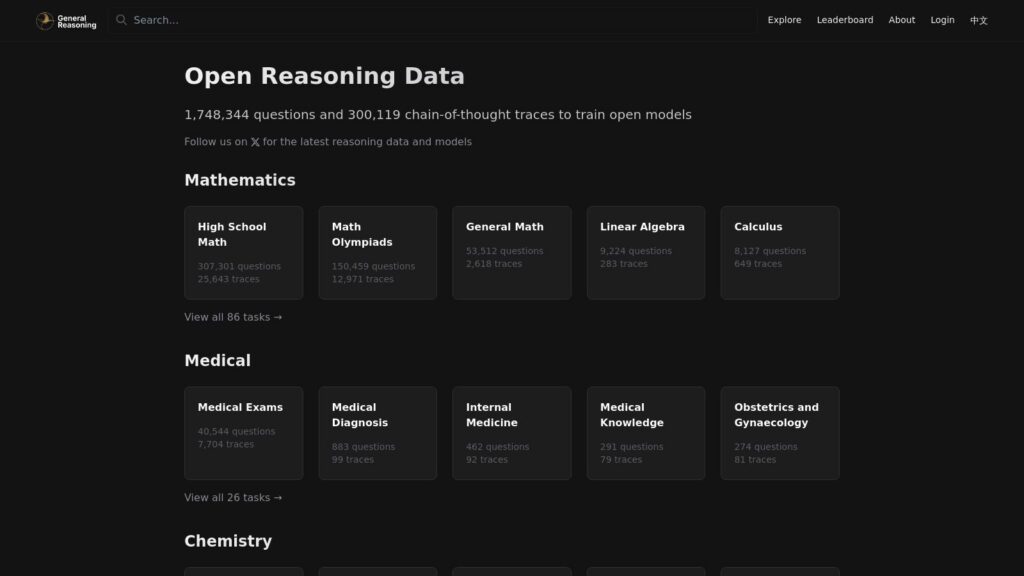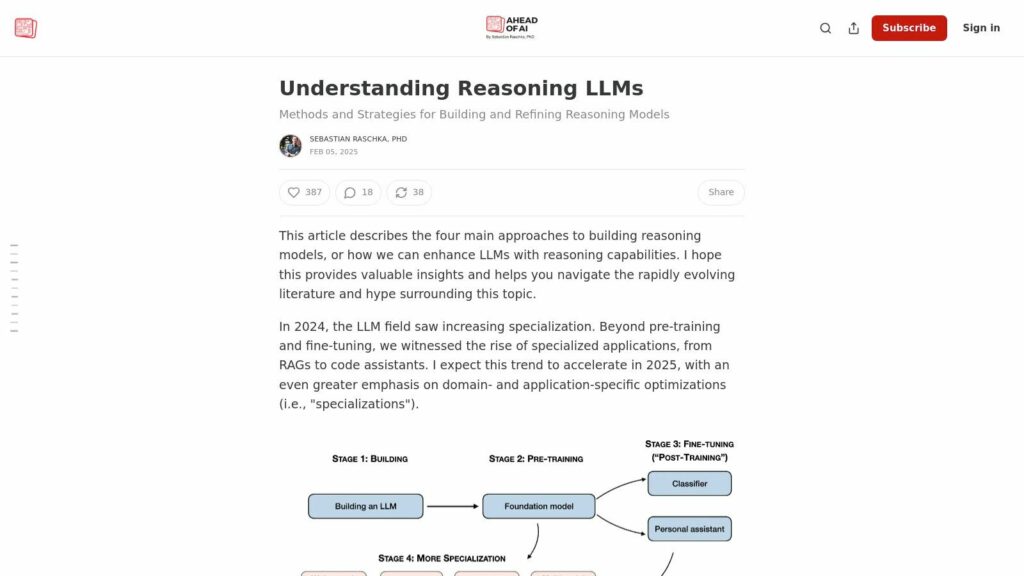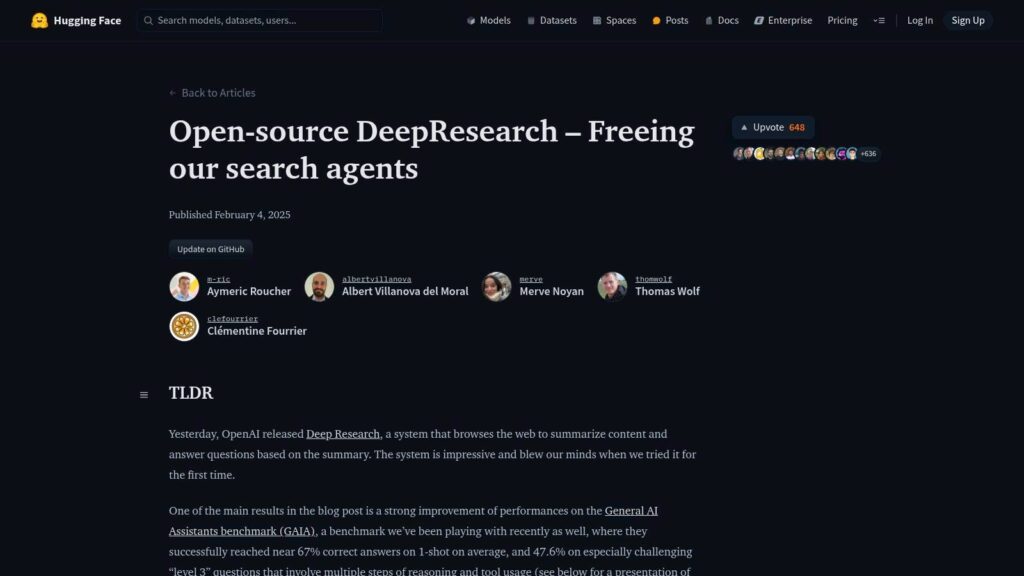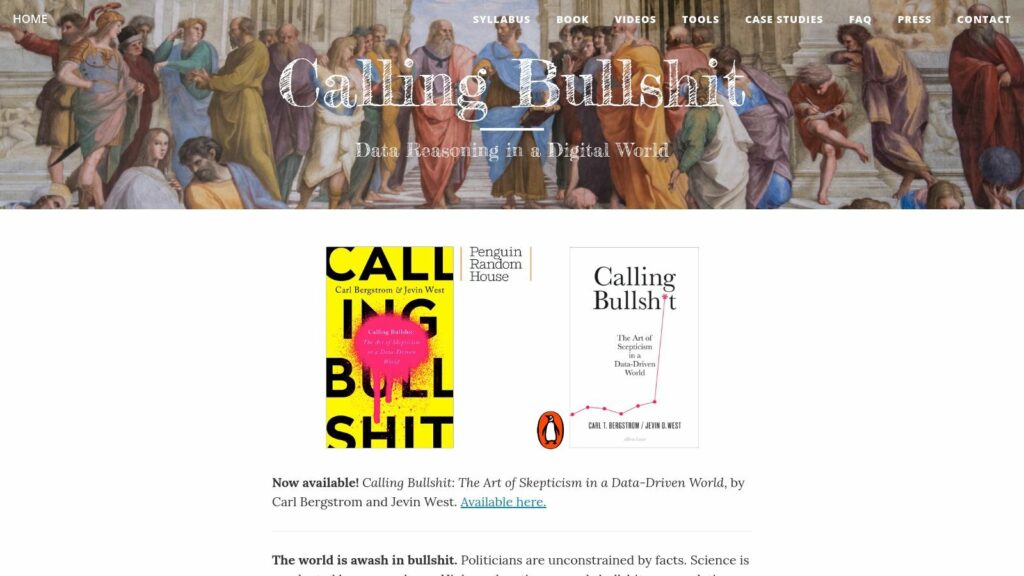Exposing the Myths of AI Reasoning Models
AI models, like Claude 3.7 Sonnet, misrepresent their capabilities as “reasoning engines.” Originally designed for language processing, the technology has been rebranded despite fundamental limitations revealed by research. Models exhibit pattern-matching rather than true reasoning, facing challenges like inconsistent results and heavy token costs for minimal user benefit. This marketing-driven narrative distorts public perception while failing to deliver practical applications. Consequently, it results in significant misconceptions, misguided investments, and a disconnect between AI's marketed potential and actual performance. Transparency and realistic expectations are vital for future AI development.

